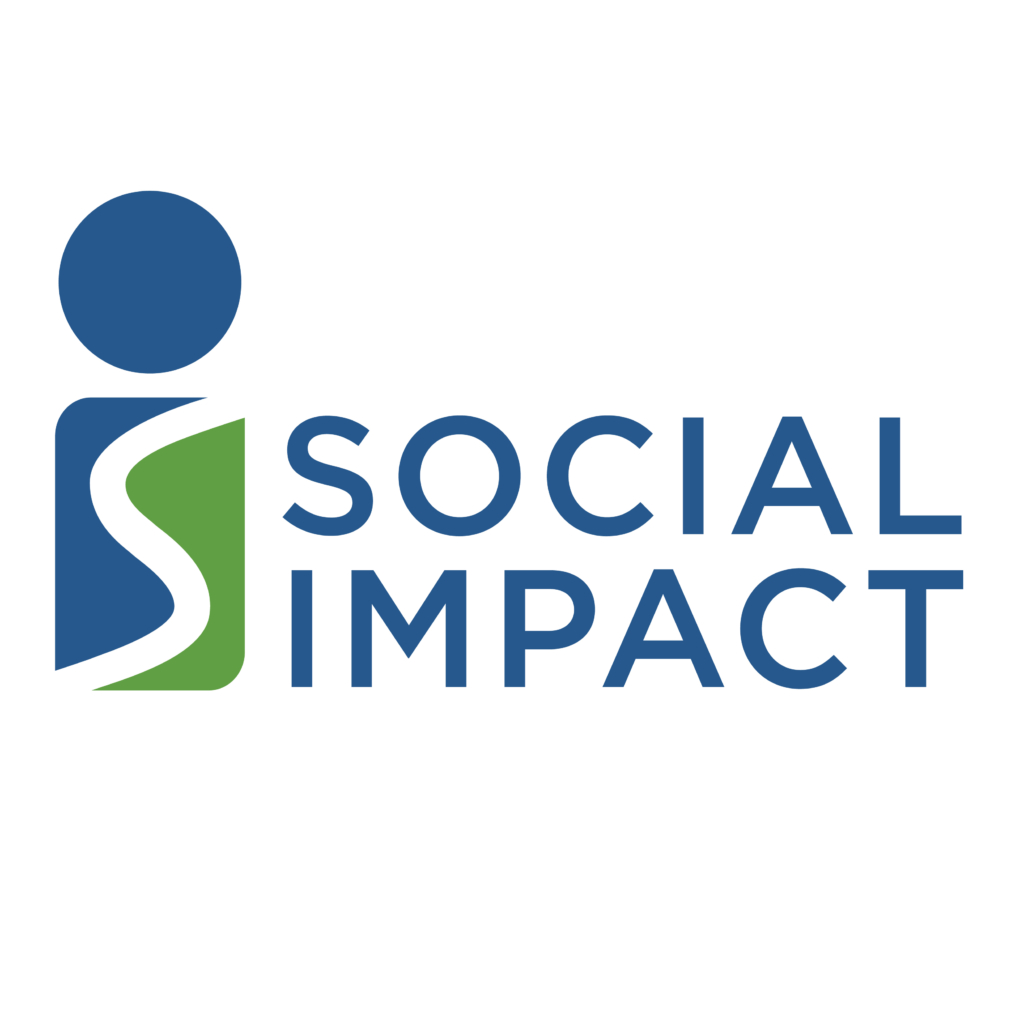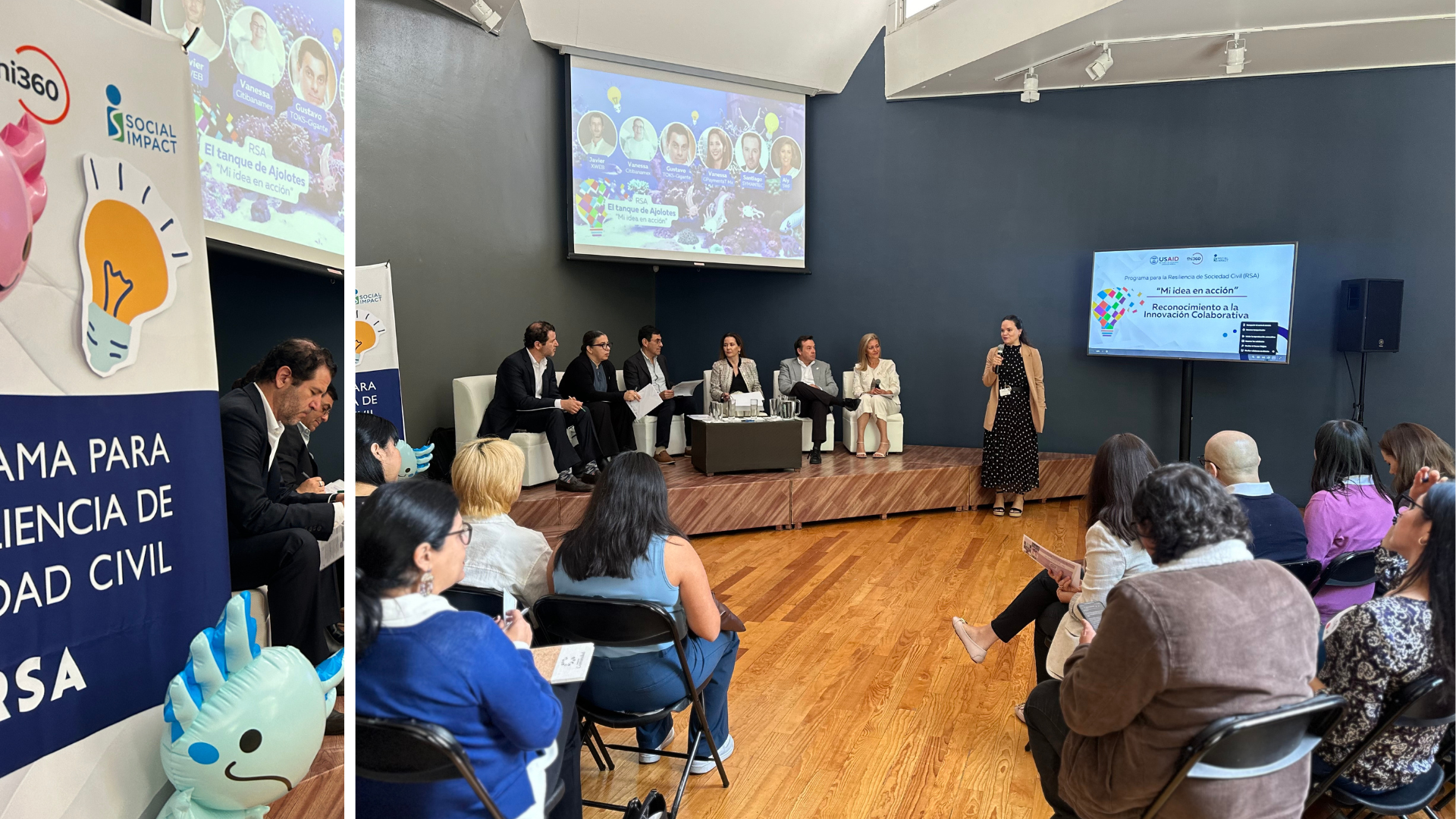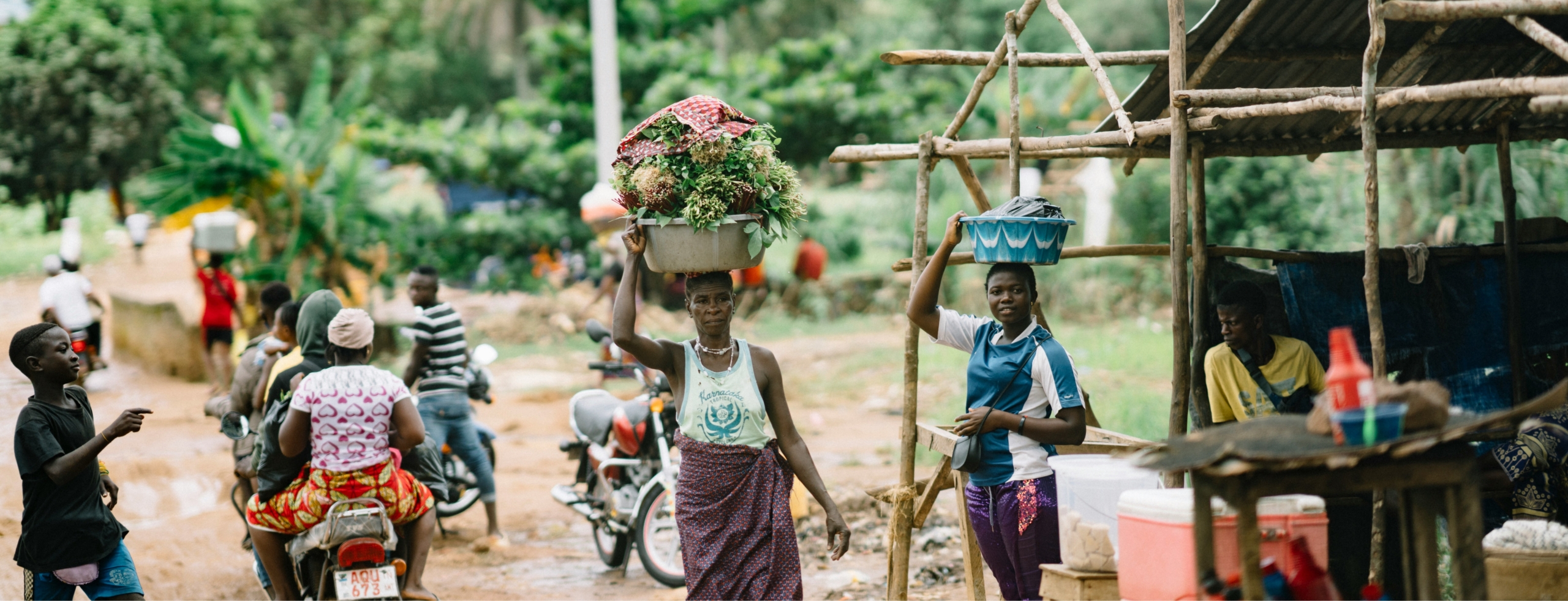By Shiro Gnanaselvam
Our mission at Social Impact is to “advance development effectiveness”. This means that we seek to help global development organizations and programs be more effective at improving people’s lives through the planning, monitoring, evaluation and learning services we provide.
Each year, we recognize teams who have demonstrated exemplary reflections of this mission through their work by documenting the effects of their work on people and projects. The awards go to teams who look beyond outputs or deliverables to investigate how our work is used directly by clients and partners to improve the effectiveness of their work. These stories are ones of evaluations that have influenced policy and improved outcomes for a sector of focus, of capacity building efforts that have streamlined organizational processes that in turn elevate services to their beneficiaries and analytical support that has improved the targeting and impact of scarce resources. These cases of outstanding, evidence-driven impact, are what we take great pride in, and what earns Impact Awards here at SI.
I am proud to announce our three winning teams for the 2020 Impact Awards. From unprecedented results that have already impacted policy and practice in Early Grade Reading in Ghana, to improvements in maternal health services in Indonesia, to Geographic Information System mapping in Ethiopia that is improving the targeting of USAID programs, our projects this year demonstrated how SI’s services can contribute to course-altering changes that make aid more effective.
Early Grade Reading Impact Evaluation in Ghana
The team conducted an impact evaluation of the Early Grade Reading (EGR) Program in Ghana, implemented under the U.S. Agency for International Development (USAID) that was designed to examine the effectiveness of instruction in a pupil’s native language. The evaluation found that after two years of program implementation, the EGR program substantially and significantly improved pupil reading skills in both Ghanaian language of instruction and English. When benchmarking the Learning program’s effect sizes against peer programs, we found that USAID Project’s impacts were larger than those of any comparable peer program evaluated to date. Most importantly, these unprecedented evaluation results have already contributed to changes in early grade reading policy and practice in Ghana.
Congratulations to Mike Duthie, Kym Cole, Tommie Thompson, Monica Gadkari, and Mohammed Dawuda.
Click here to read more about this project.
Developmental Evaluation of USAID/Jalin Project in Indonesia
SI was tasked with conducting a 2-year Developmental Evaluation (DE) for the USAID Jalin project which is USAID/Indonesia’s Maternal and Newborn Health (MNH) program. While conducting an assessment under the DE, the SI team found evidence that regional governments – unknown to USAID and the Ministry of Health (MOH) – are replicating past USAID maternal and newborn health (MNH) activities. Leveraging the flexible design of the DE, the team rapidly pivoted to studying where and why provinces and districts had sustained these activities. Their findings contributed to the MOH’s decision to create a national mentoring program modeled on the sustained activities, and USAID modified its Jalin project to support this effort. This new program intends to employ 664 mentors to assist health workers in 101 facilities across 120 districts in 2020. This region alone expects 2.4 million live births to occur this year.
Congratulations to Chris Thompson, Ria Wardani, Bambang Heryanto, Dodi Mantra, Renny Kembaren, Mike Pressl, and Mark Jornlin.
Click here to read more about this project.
GIS Services for USAID/Ethiopia
SI’s Ethiopia Performance Monitoring and Evaluation Service (EPMES) supports USAID/Ethiopia to integrate Geographic Information into the design, implementation and monitoring of Projects and Activities. The team designed over 750 Geographic Information Systems maps to aid the Mission in various aspects of its work such as eliminating duplication of services by partners and identifying geographic areas with the highest need for support. One of EPMES’s GIS maps revealed that USAID/Ethiopia’s malaria prevention and treatment Activities could be better aligned with the geographic areas of high malaria prevalence, prompting the Mission to re-design its Malaria Operational plan. The implementation adaptations based on GIS products will support USAID/Ethiopia to improve the targeting of their activities and to increase the effectiveness of their development interventions to achieve expected results.
Congratulations to Henok Metaferia, Zemenu Mintesnot, and Kibrewosen Worku.
Click here to read more about this project.








